Thomas H. Bland (1948–2025)
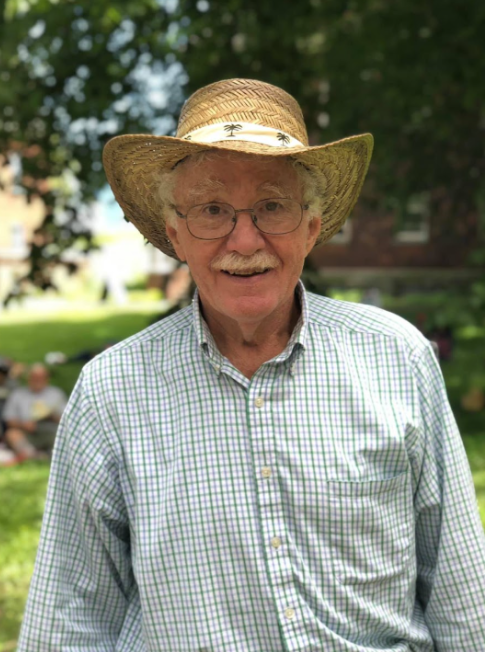 Thomas “Tom” Henry Bland, 76, of Burke, VA, died surrounded by family at New Hanover Regional Medical Center in Wilmington, NC and he gained his angel wings on Saturday, July 12, 2025, at 3:31 PM.
Thomas “Tom” Henry Bland, 76, of Burke, VA, died surrounded by family at New Hanover Regional Medical Center in Wilmington, NC and he gained his angel wings on Saturday, July 12, 2025, at 3:31 PM.
Born in Raleigh, NC on November 2, 1948, Tom entered the world with a built-in best friend- his identical twin brother Bill of Waco, TX- proving early that life doubles the trouble AND the fun. The son of Dorothy Heater and William Archibald Bland, he grew up with a love of service that led him to Eagle Scout in the Boy Scouts of America and later to Goldsboro High School (Class of ’66). He earned a Business Administration degree from East Carolina University in 1971, and later a Master’s in Education from Old Dominion University.
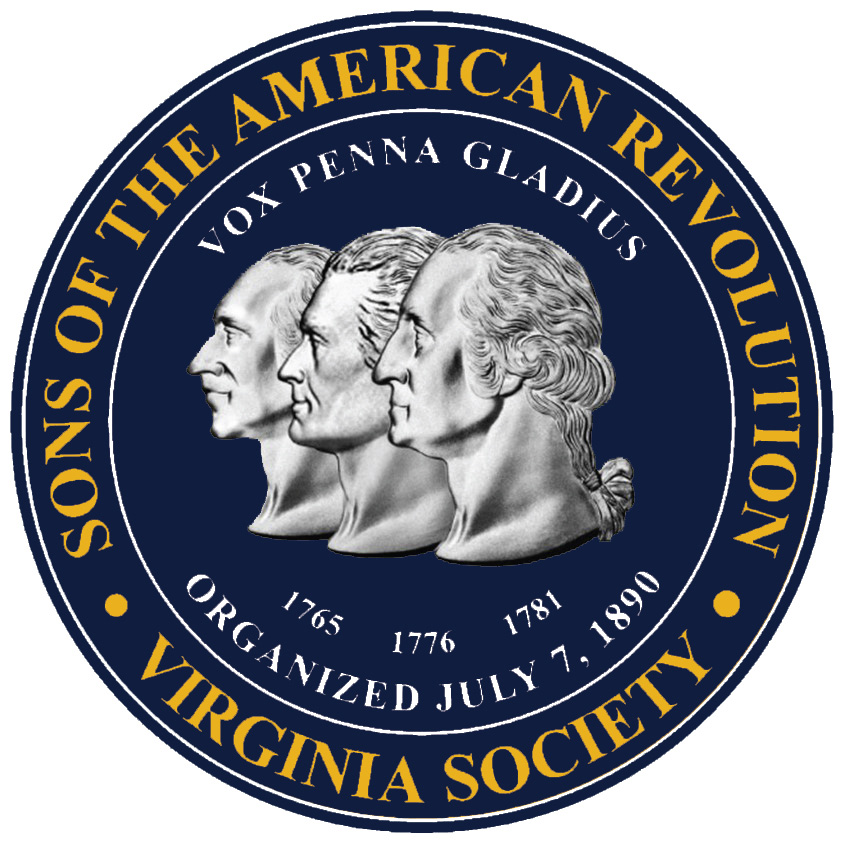
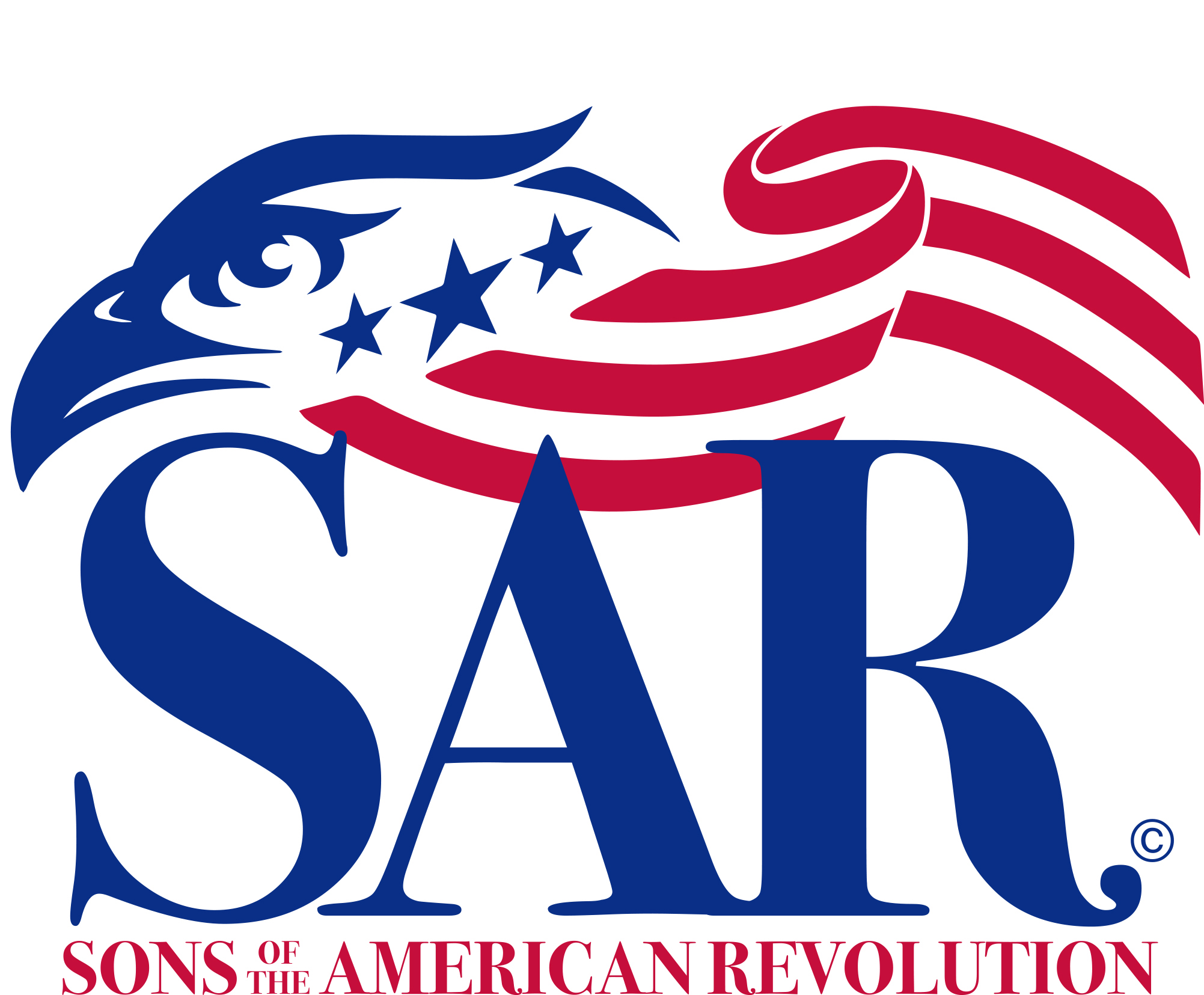
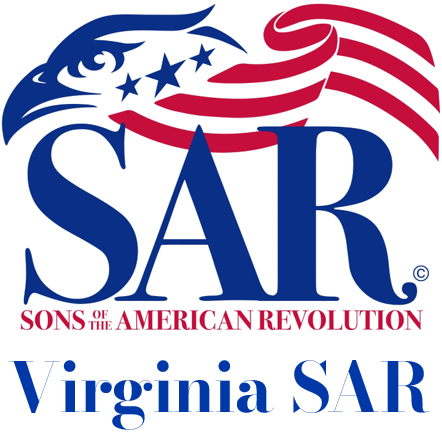
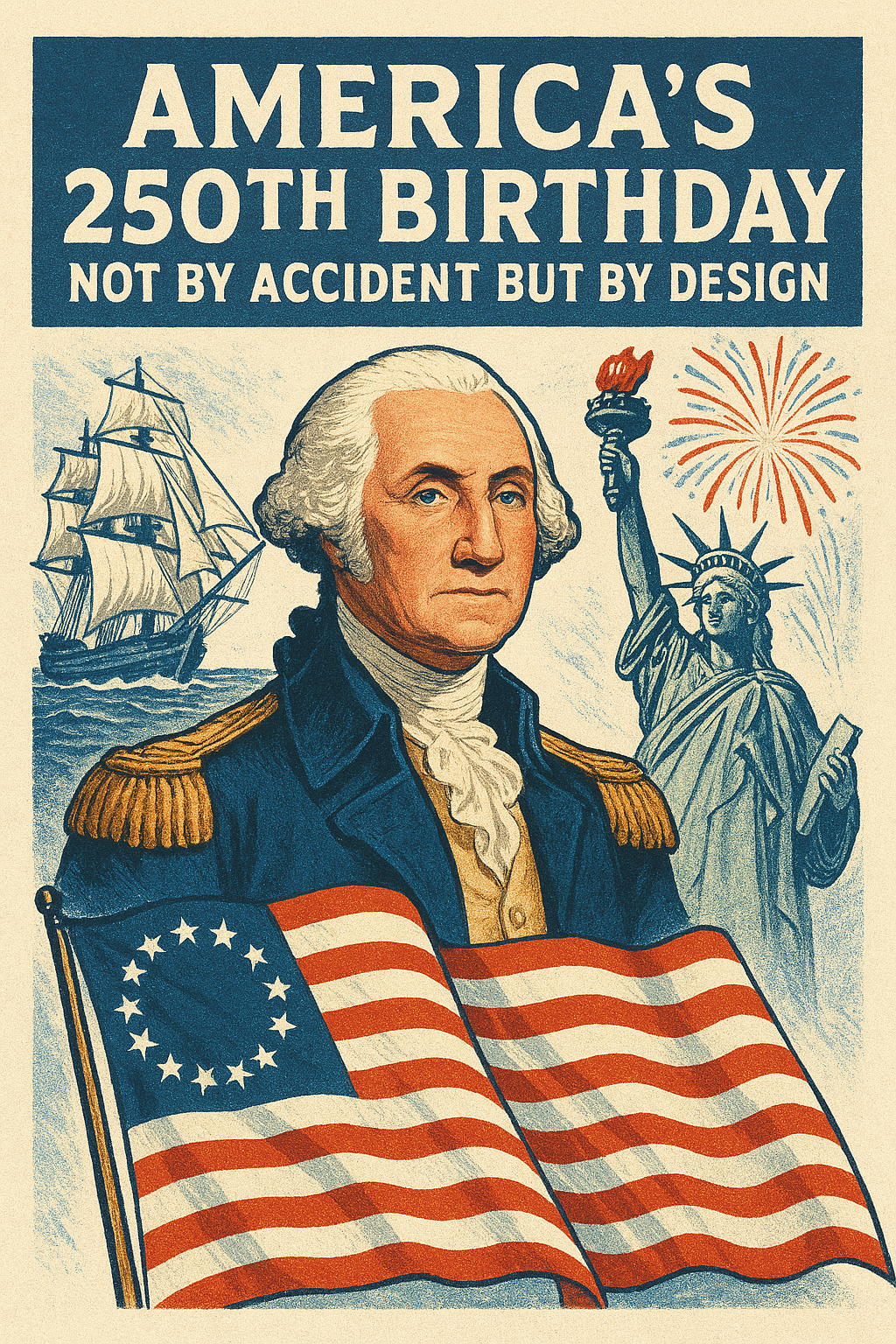 This year marks a major milestone in our history – our 250th birthday officially
This year marks a major milestone in our history – our 250th birthday officially  Thomas “Tom” Henry Bland, 76, of Burke, VA, died surrounded by family at New Hanover Regional Medical
Thomas “Tom” Henry Bland, 76, of Burke, VA, died surrounded by family at New Hanover Regional Medical